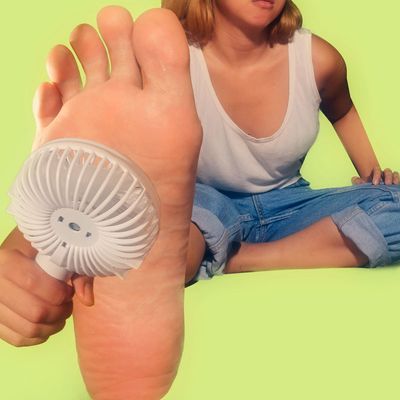Comprehending the Source of Excessive Sweating and Its Effect on Every Day Life
Excessive sweating, also understood as hyperhidrosis, is a problem that influences a significant part of the populace, yet its hidden reasons and implications on daily working stay rather enigmatic. While it is generally understood as a physiological feedback to control body temperature level, the triggers for too much sweating can differ widely among individuals, encompassing not only physical elements however additionally psychological and emotional components. Furthermore, the impact of this condition extends beyond mere discomfort, often influencing social interactions and overall lifestyle. By delving into the origin of hyperhidrosis and discovering its diverse impacts, a deeper understanding of this pervasive concern can be gotten, clarifying the complexities that individuals grappling with too much sweating browse each day.
Physiology of Sweat Glands
The law of sweat production, an essential physical process, is largely managed by the task of sweat glands dispersed across the body. Sweat glands are classified into 2 main kinds: eccrine and apocrine glands. Eccrine glands are the most many and are found in nearly all areas of the body. They play a crucial role in thermoregulation by producing a watery liquid onto the skin's surface, which vaporizes and helps cool the body down. On the other hand, apocrine glands are concentrated in areas abundant in hair follicles, such as the armpits and groin, and their secretions are thicker and milklike in look.
When the body temperature increases, either as a result of exercise, heats, or psychological stress and anxiety, the nerve system activates the gland to produce sweat. This sweat is composed mostly of water and electrolytes like salt and chloride. The process of sweat manufacturing is essential for preserving the body's interior temperature level within a slim, optimal range, highlighting the important duty gland play in human physiology.
Triggers for Excessive Sweating
In understanding the origin triggers of excessive sweating, it is crucial to recognize the triggers that can lead to this physiological response. Physical physical effort, high temperatures, and spicy foods are also understood to set off too much sweating in individuals prone to this problem.
Additionally, drugs such as some antidepressants, opioids, and specific supplements can also function as triggers for hyperhidrosis. Understanding these triggers is crucial in handling excessive sweating successfully - Treatment for hyperhydrosis of hands. By identifying and attending to the specific triggers that trigger excessive sweating in a private, healthcare suppliers can develop individualized treatment plans to relieve this condition and boost the person's lifestyle
Medical Issue Associated
Associated with extreme sweating are numerous clinical conditions that can worsen this physical response. One typical problem is hyperhidrosis, a problem characterized by unusually raised sweating that exceeds the body's thermoregulatory needs. This can materialize in focal locations like the hands, soles, underarms, or face, impacting an individual's lifestyle because of social shame and pain.
Additionally, endocrine disorders such as hyperthyroidism, diabetes mellitus, and menopausal warm flashes can likewise lead to excessive sweating. Hyperthyroidism creates an overflow of thyroid hormones, accelerating metabolic rate and activating sweating.
Furthermore, infections like endocarditis, consumption, and hiv have actually been connected with night sweats, an usual sign recognized to interrupt sleep and influence general health. These medical conditions highlight the varied variety of underlying variables that can add to too much sweating, requiring thorough analysis and administration by medical care experts.
Psychological and Mental Variables

Influence on Social Interactions
Extreme sweating can have extensive impacts on a person's ability to engage pleasantly in social interactions. The noticeable indicators of sweat spots or damp patches on clothes can bring about embarrassment and self-consciousness, triggering people to withdraw from social circumstances. This withdrawal can influence relationships, limitation social tasks, and prevent personal and expert growth.

Moreover, the anxiety and self-confidence problems originating from too much sweating can influence interaction and social abilities. People might struggle to focus on conversations, take part in group tasks, or share themselves with confidence. This can bring about feelings of isolation and solitude, as social connections end up being challenging to preserve.
Final Thought

While it is frequently comprehended as a physiological response to manage body temperature level, the triggers for extreme sweating can vary extensively amongst individuals, encompassing not just physical aspects however also psychological and mental elements. By diving right into the root creates of hyperhidrosis and discovering its multifaceted results, a deeper understanding of this pervasive concern can be acquired, shedding light on the intricacies that individuals grappling with too much sweating navigate on a daily basis.
Physical physical effort, high temperatures, and spicy foods are additionally understood to trigger too much sweating in individuals vulnerable to this condition. By recognizing and attending to the specific triggers that trigger excessive sweating in a specific, healthcare carriers can establish personalized treatment strategies to minimize this problem and enhance the person's quality of life.
Too much sweating can have profound impacts on click to read more a person's ability to involve comfortably in social interactions.